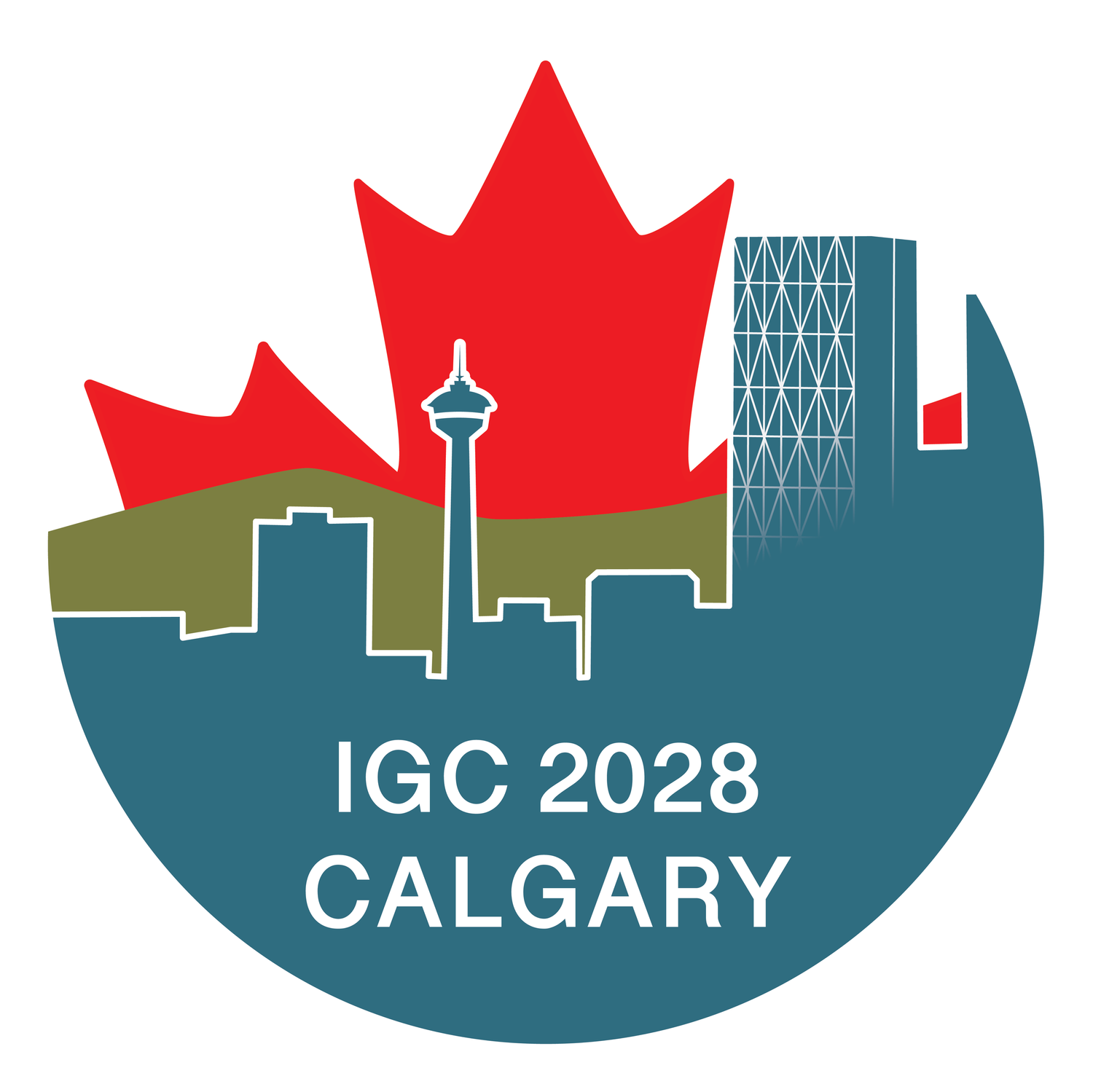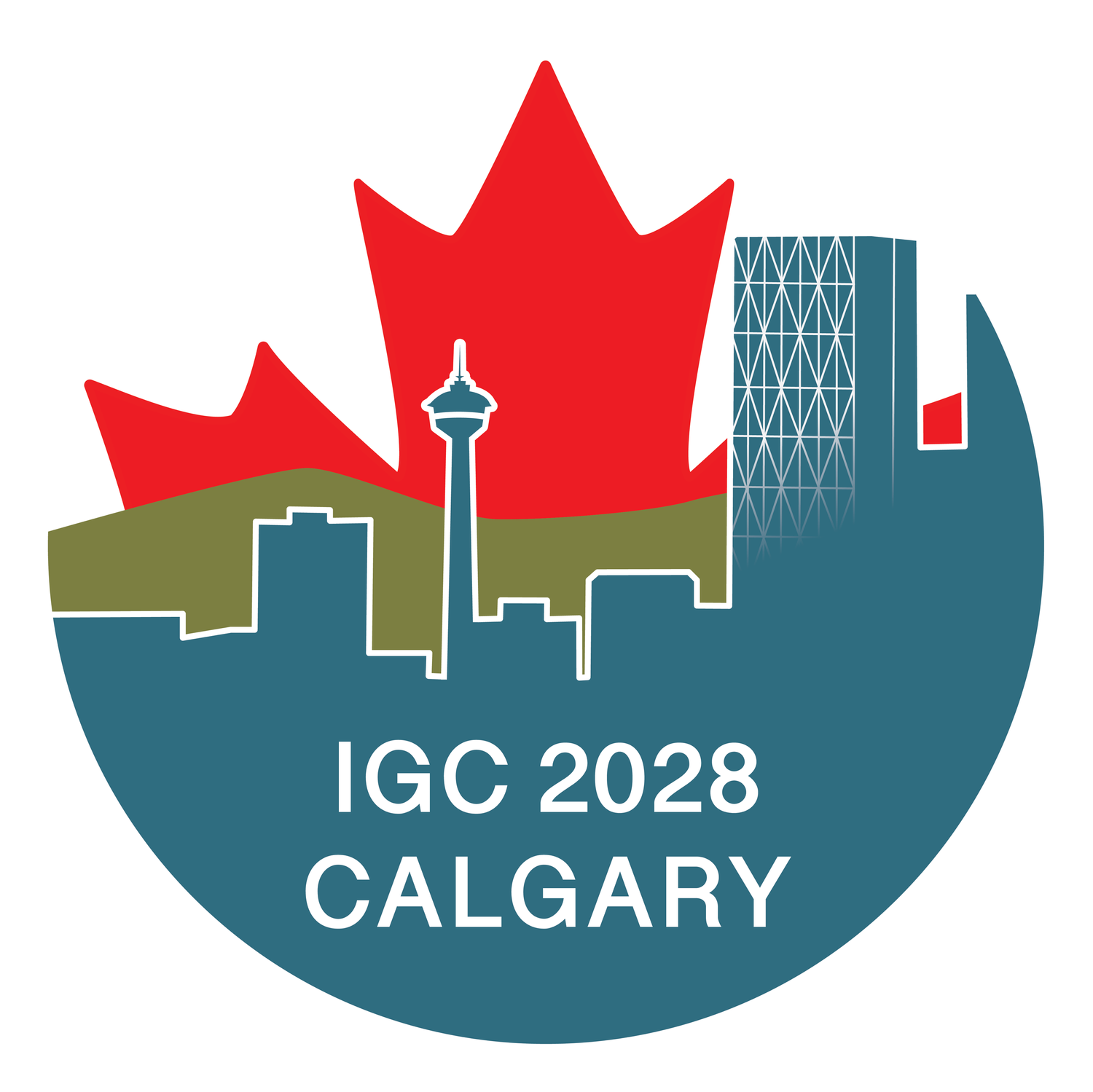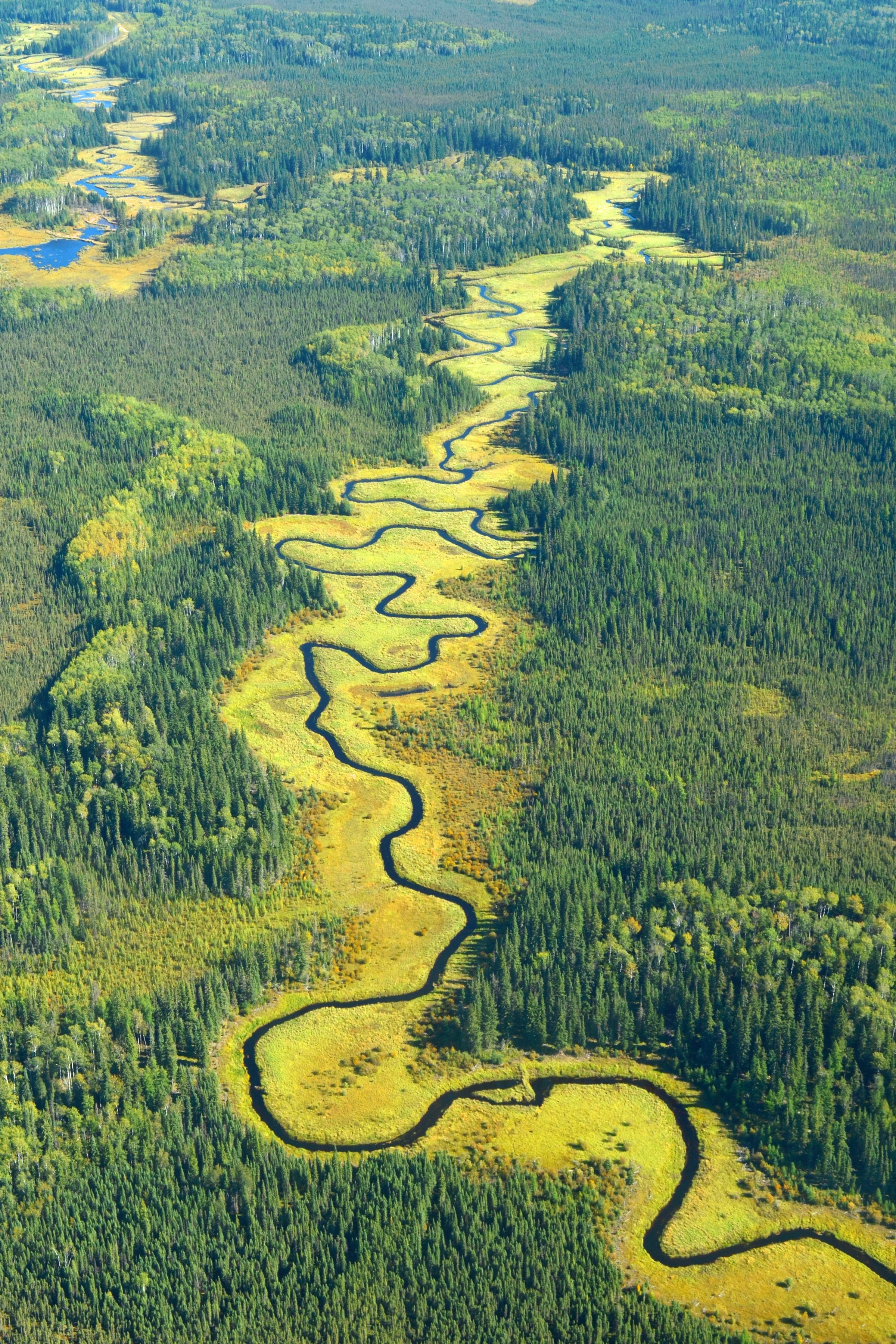
Modern Critical Zone Science
Interconnected Deep Sea Ecosystems, Methane Seeps and Seamounts of the Pacific Ocean
Aligned with the “Sustainability, Climate Change and Natural Hazards” keynote daily theme, this short course will explore the dynamic important influences of the Pacific deep sea. Ocean Networks Canada, the Canadian federal Department of Fisheries and Oceans and the Neptune Cabled Array have been monitoring changes to seamounts off the west coast of British Columbia. Here participants will explore the spectacular video cinematography from cruises such as the ones that discovered the new octopus and skate nurseries. The importance of the interconnectivity between the marine geological and biological systems will be presented and discussed.
Image credit: Department of Fisheries and Oceans Underwater, Northeast Pacific Deep-Sea Expedition Partners & CSSF ROPOS
From Glaciers to Prairies: An Overview of Fragile Watersheds
Spectacular mountain glaciers and icefields in the Rocky Mountains, a few hours west of Calgary, are under threat. These pristine glaciers preserve critical water resources and have experienced accelerating retreat for decades. They form part of an extensive surface water and groundwater system that spans the transition from Alpine to Prairie environments. This short course will guide participants through the changes to these glaciers and icefields. A partner day trip would have participants explore some of these glaciers and icefields in a day trip to the Icefields Parkway in the UNESCO World Heritage Site Canadian Rocky Mountain Parks.
Image credit: Murdoch McKinnon
Exploring Alpine Water Towers: Hydrogeology and Critical Zone Processes
The headwaters of many major watersheds around the world are located in sensitive alpine regions. Here, a combination of glacial melt, snowmelt, rainfall, and groundwater sustain flow to downstream areas. As such, streamflow generated in alpine areas constitutes an essential supply of water for some of the world’s largest population centres and many of our most important agricultural regions. Scientific research within alpine areas has undergone considerable advancement in recent years, in part due to contributions made through field experiments in several world-renowned catchment-scale research basins in the Rocky Mountains west of Calgary. This short course will introduce participants to the fundamental principles of alpine hydrogeology and critical zone processes, and will be linked with a two-day field excursion entitled “Rocky Mountain Research Basins: Alpine Hydrogeology and Ecohydrology” which will include visits to the research basins at Fortress Mountain, Alberta, and Lake O’Hara, British Columbia.
Image credit: Murdoch McKinnon
Ducks Unlimited Canada – Boreal Wetlands 101
Join Ducks Unlimited Canada at the Boreal Wetland Centre located in Treaty 8 Territory, near Grande Prairie, Alberta for the opportunity to learn about wetland ecology, hydrology, ecosystem health, and the importance of protecting and conserving wetland habitat. In this field course, attendees will gain hands-on experience in wetland identification and classification using the Alberta Wetland Classification System, soil typing, and key indicator species. Participants will learn how to integrate wetland conservation best practices into industry activities, from planning to execution, ensuring sustainable delivery processes that measure and mitigate impacts on these vital ecosystems.
Image credit: Ducks Unlimited Canada





